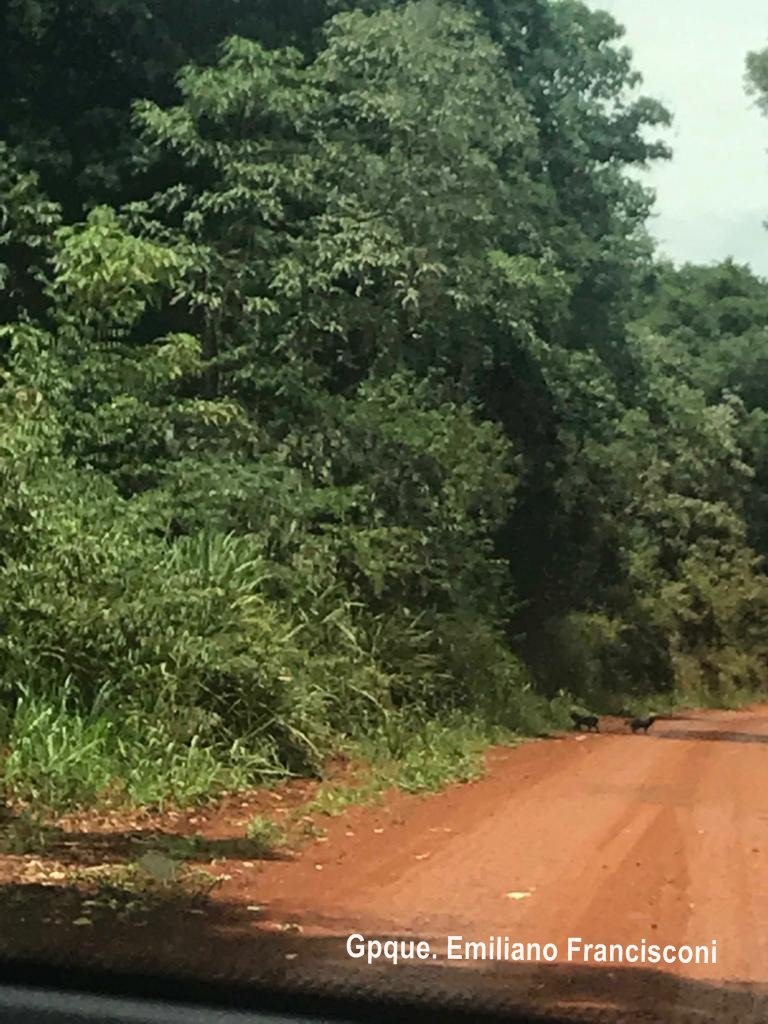
ResourcesInvestigation of neotropical helminthiasis and other parasites in the biotope of wild animals of the Misionera Forest, as potential foci of zoonoses

Photo: Guardaparque Emiliano Francisconi.
Project:
Emerging diseases are mainly caused by environmental and wildlife changes. These are assisted when there are anthropic or natural alterations of the natural environment where the displacement of microorganisms, exposure to new agents and exposure of new hosts arises. Product of the movement of pathogens or vectors, the possibility of entering environments without previous exposure arises, greater interaction between wildlife, domestic fauna and people. Misiones, Argentina, faces the degradation of several wild habitats and one of them has been a source of zoonotic diseases: in the forested habitat, the decrease in biodiversity has generated the appearance of infections. The biological damage of this and other wild habitats and the inevitable climatic changes that are developing, promote the urgent need to formulate plans and programs for the emergency prevention of zoonoses. The coexistence of wild, domestic and human animals, within the protected areas, favors a dynamic of introduction and dissemination of diseases that is necessary to know for adequate decision-making in future management measures of these ecoregions of the Misionera forest.)
Researchers:
Katherina Vizcaychipi & Karen DeMatteo
INEI-ANLIS “Dr. Carlos G. Malbran” Ministerio de Salud de la Nación (Argentina), Ministerio Ecología, Misiones (Argentina) & Proyecto Zorro Pitoco (USA/Argentina)
Links:
https://ecologia.misiones.gob.ar/el-puma-acuerdos-de-investigacion/

